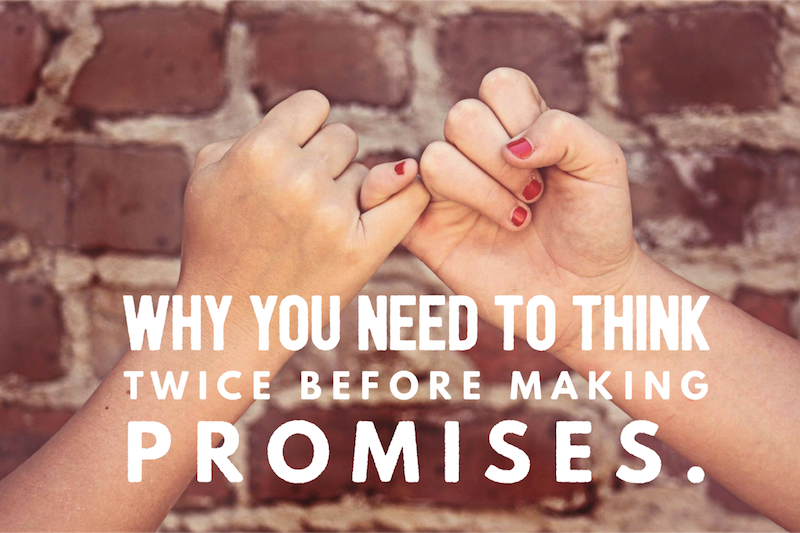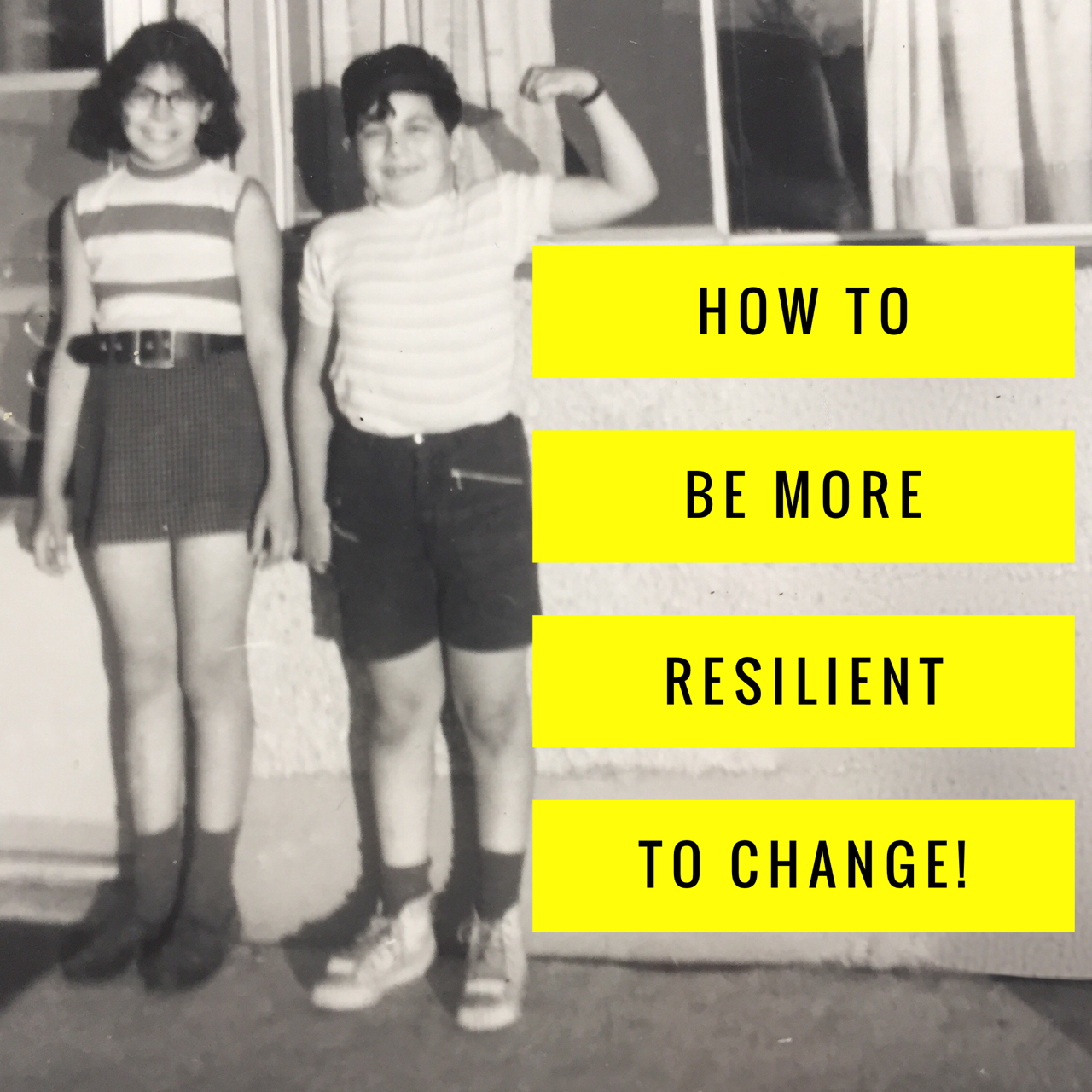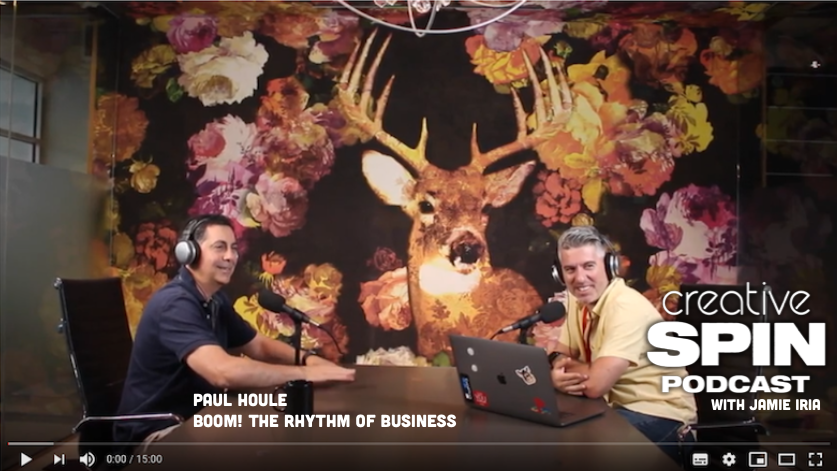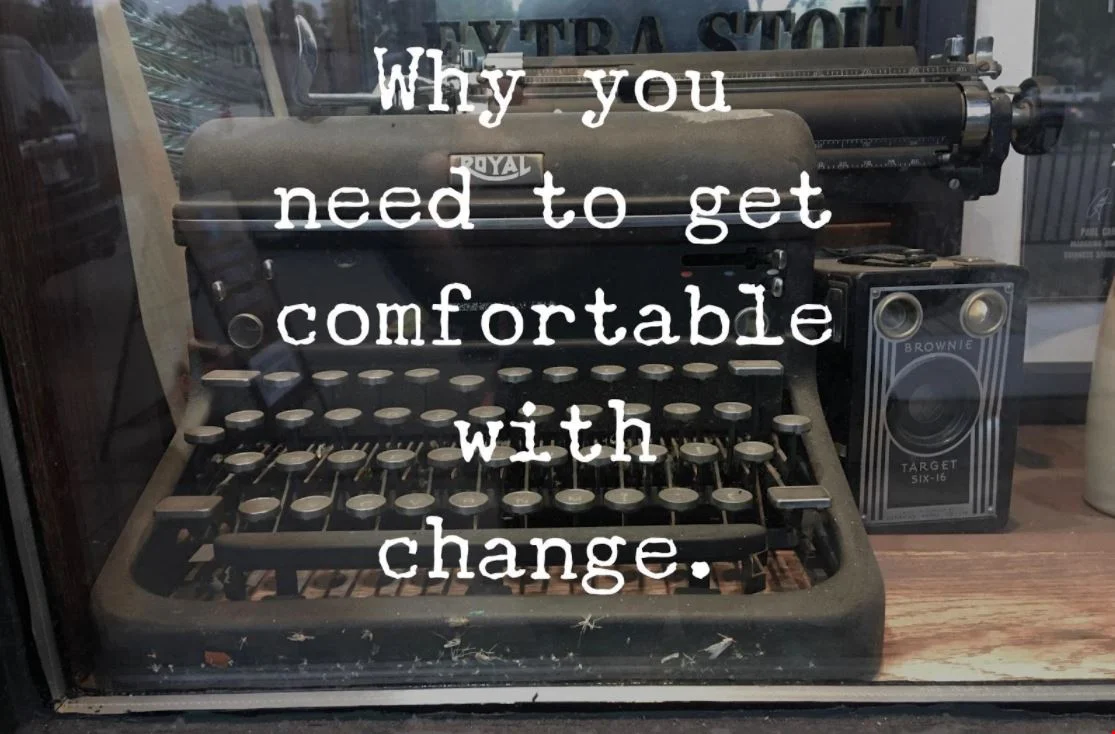
Popular Posts
Meet Paul
Paul is an expert at showing corporate teams how to be more unified and more collaborative. His proven team building program is guaranteed to bust through the silos as he shows your team how to be as unified as the players in a great orchestra.
A-list corporations have been using Paul’s team building program for almost two decades, his audiences include Microsoft, RBC, Goodyear, ING, Heineken, FedEx, PwC and P&G.

Why You Need To Think Twice Before Making Promises
Have you ever done any of the following?
· Said to someone “Let’s do lunch” and never set it up?
· Promised to have something done by a certain time but didn’t meet the deadline?
· Said you’d take a look at something for a colleague but never got around to it?
I know I have and I know I am not alone.
Since the New Year is upon us I have been thinking about things I would like to be better at, and this intrigues me.
It intrigues me because not fulfilling promises like these chips away at trust.
Not fulfilling promises chips away at our personal brand.

How to get people begging for your feedback!
I once made someone cry because of the feedback I gave them.
I didn't mean to, of course. But it happened.
I spent many years pursuing my dream of becoming a professional percussionist, wanting to play in an orchestra or any ensemble, for that matter, that would pay me to hit a drum. And while there was a bit of a transition period between being the student and becoming a pro, one day I was there. I, dressed in my second-hand tuxedo, was being hired and making a living (albeit meagre) as a freelance player in the big smoke.
Shortly after that, I found myself no longer the student but the teacher when I applied for and got hired by the Royal Conservatory of Music as a percussion instructor.
And while my playing resume was not too shabby by then, my teaching experience was limited and no one had ever talked to me about how to give good feedback to my students.
All I had was what I had experienced myself, the way I had been taught, the good and the bad.
I left the Conservatory a few years ago after having given feedback in over 15,000 private lessons and in some 2000 rehearsals.
While I did make someone cry once (ok maybe twice), I did figure out a few things about getting people to really want the feedback you have to offer.

Should you be hiding from your new boss?
Here’s an interesting statistic: According to a study done by PwC, CEO turnover at the 2500 largest companies in the world rose from 14.3 in 2014 to 16.6% in 2015 – a record high.
And it’s happened to all of us at some point. You’re just going about your business doing your job like you do every day and in comes a new boss.
You might not know this person or it might be someone who you knew was shortlisted but workplace conversation turns quickly to “hey, what do you know about the new boss?”
Very rarely does a new boss come in and continue the status quo. New bosses have new ideas and often want to make their mark.
For some this is a breath of fresh air; for others it causes fear and anxiety.
So how will you react? How will you deal with the change coming down the pipe?
A lot depends on what type of person you are, or more to the point, what type of person you choose to be.

How to be more resilient to change!
If you were like me, as a kid, you faced change head on and did so pretty often.
Every year, you’d get a new teacher, were put in a new class or sent to various lessons, played on new sports teams. In summer, you’d go to camps with new kids and group leaders.
I don’t know about you, but I don’t ever remember being asked, “Hey Paul, would you like to do this or that?” I just remember ending up in a lot of new situations. It just happened and I had to deal.
We may not have realized it but, as kids, change was around every corner and yes, sometimes it was scary. But you know what? We dealt and I don’t ever remember complaining about “change”.
We had resilience.
So now that we’re all grown up, where did our resilience go, and more importantly – how can we get it back?

When you work with people who drive you nuts.
You know who I’m talking about: they clip their nails at their desk, they air out their smelly feet right next to you, they lick the lid of their Tupperware container in a lunch meeting, they seem to know nothing about personal buffer zones.
Like me I am sure you have been to more than one dinner party where you’ve heard people complaining about a colleague who simply drives them nuts.
It’s a problem that comes back time and time again because people are people and gosh darn it we’re sensitive creatures… well except for “those guys”, right?
Sometimes, we can’t put our finger on why someone really irritates us. Sometimes, we could make a list a mile long.
Does our tendency to find some people around us very irritating make us bad people? No, it makes us very human. The question is, what we can do about it?













